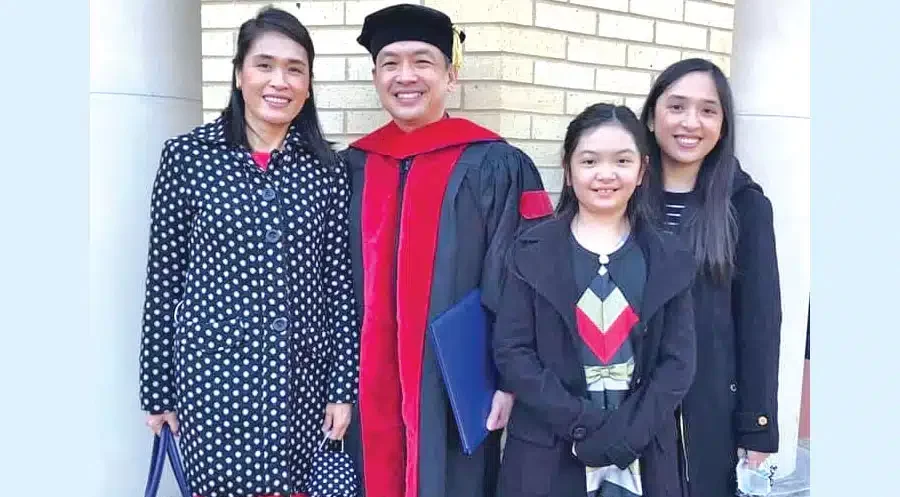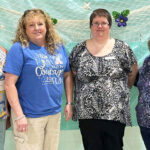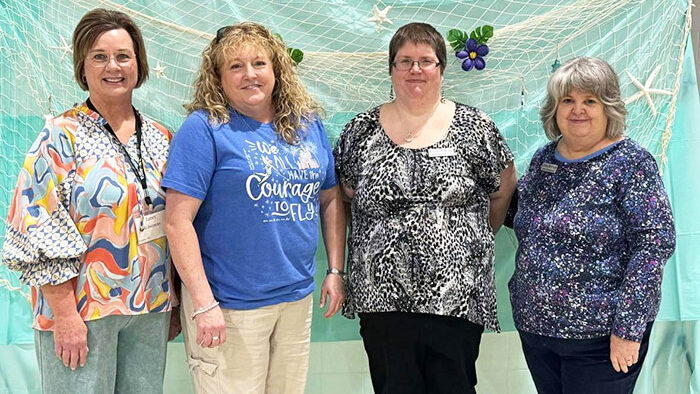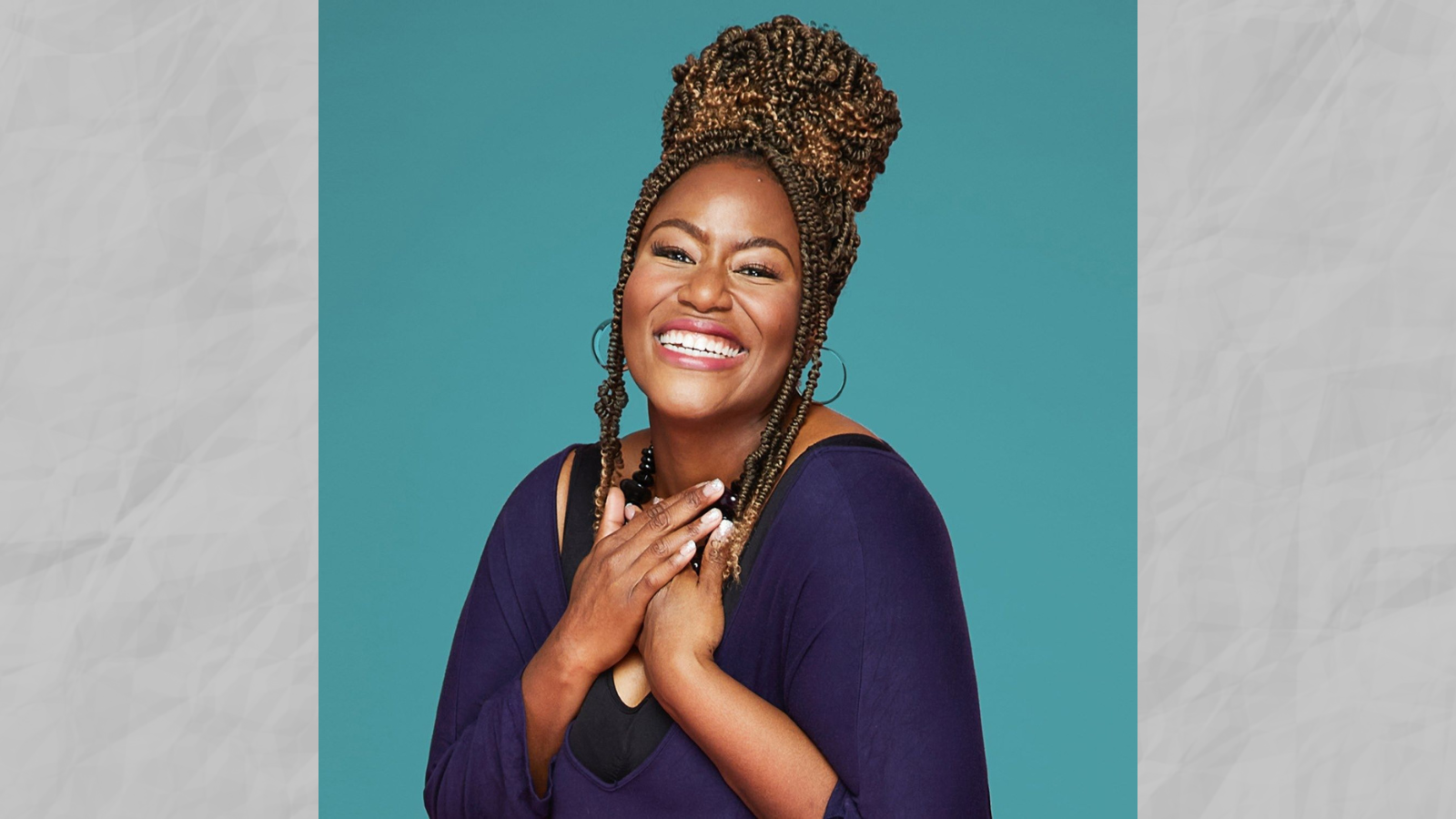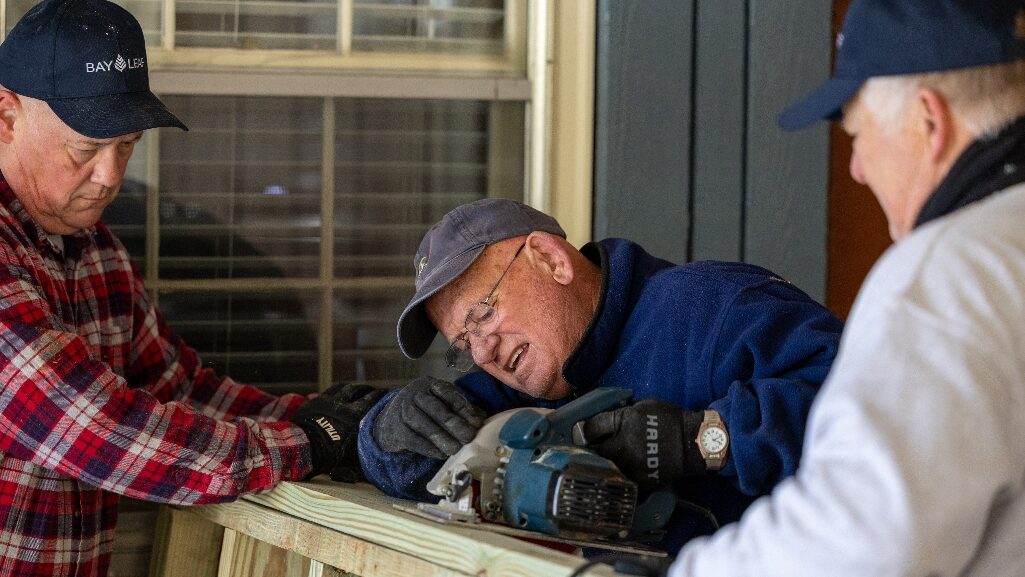Because church growth is a supernatural act of God, faithfulness is a better measure of success than numbers-based fruitfulness, Francis Calimbahin, pastor of Caprock Church in Arlington, said.
Calimbahin also is a physical therapist, and 17 years ago God led him to plant Caprock after he graduated from Southwestern Baptist Theological Seminary.
“We had exponential growth [from year three to year seven]. It was wonderful,” Calimbahin said. “We were meeting in another church, and then we rented a barber shop and converted it to a worship center. Three years into it, the Lord blessed us and we were able to purchase our own building.”
In 2012, though, Caprock experienced a church split.
“That was a rough several years, but the Lord is faithful,” Calimbahin said. “I stayed on it, and God blessed us with some growth again.”
Then the pandemic hit, and more than two years later, more people watch Caprock’s services online than join in person, the pastor said. They have just over 50 people in the building each Sunday.
“From the church split to the hardships [experienced over] several years, I actually wanted to quit,” Calimbahin said.
“I was upset,” he noted. “I was telling God that I’m a [physical therapist] and I could always work full-time and do ministry — physical and spiritual — at the hospital. People are in transition, there are tensions in their lives, but God kept me at the church.”
With a renewed calling, Calimbahin returned to Southwestern for a doctor of ministry in pastoral leadership. “I wrote my dissertation on what God was teaching me,” he said.
‘No small church’
Mainly, God taught Calimbahin, personally and through other pastors, to value faithfulness.
“One of the things that I really held onto was what Jim Richards said to me once when he came to preach at my church,” Calimbahin said, referring to the Southern Baptists of Texas Convention’s executive director emeritus. “I invited him, and I said, ‘I don’t know if you are willing to preach at a small church.’ He said to me, ‘In God’s economy, there is no small church.’”
Calimbahin said, “God is not looking at my ministry based on the numbers, but in terms of my character, whether I’m becoming more Christlike, faithful to Him.”
“Recently, I studied Matthew 25 once again, and God revealed to me there at the end of the commendation, ‘Well done, good and faithful servant.’ One is given five talents. He was able to double it,” he said. “One was given two talents. He was able to double it. But God never said, ‘I’m glad you got five. That’s more than two.’ He said the same thing, ‘Well done, good and faithful servant.’”
During his doctoral work, Calimbahin learned that two-thirds of churches in America have fewer than 100 people.
“Before going back to school, I was thinking that the person to blame for the lack or minimal growth of our church was me — either being bivocational or doing something wrong,” he said. “But then, my project helped me a lot because I discovered that out of so many bivocational pastors I talked to [who] are pastoring small churches — 100 people or less — they are faithful, they are witnessing, they are making disciples, and yet the church is still small.”
The important lesson Calimbahin has learned is that “church growth is a supernatural act of God,” he said. “It’s not what I do; it’s what He does. It’s not, ‘because the church is small, the church is a failure.’”
‘Keep on keeping on’
Caprock’s vision is to make disciples, and they have frequent evangelism training and monthly outreach efforts at laundromats and gas stations. Yet, “the result is very, very minimal,” Calimbahin said. People often seem spiritually hardened, answering knocks at the door through video intercom doorbells to say they’re not interested.
“What is best is still personal evangelism, witnessing to a friend or coworker,” he said. “At the hospital, I’ve led many to the Lord. That doesn’t mean it translates to them coming to Caprock, but at least it leads to them thinking and saying, ‘I’m going to visit this church next to my house.’”
A saying often repeated at Caprock, the pastor said, is, “Keep on keeping on.”
“We have tried to stay true to the Word, and whether people are listening or not, we’re just going to keep on spreading the Word.”
In Caprock’s faithfulness, God has blessed them with boosting other congregations.
“Our church is small, but we are investing in church planting,” Calimbahin said. “In the last eight to 10 years, we have sponsored and planted six churches in North America. I always tell my church that our church planters’ success is our success, and that encourages us to press on.”
EDITOR’S NOTE — This story was written by Erin Roach and originally published by the Southern Baptist Texan, newsjournal of the Southern Baptists of Texas Convention.

